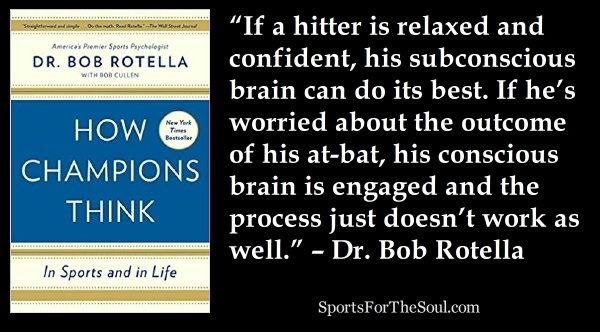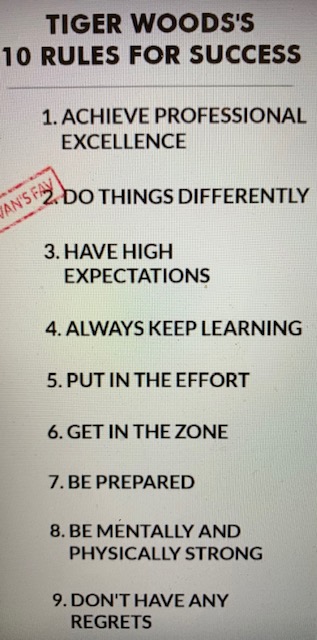“As long as I breathe I hope,” Cicero said, today we could translate it into “as long as there is life there is hope,” more brutal but equally true. The coronavirus affects precisely this capacity that is at the basis of the physiological and psychological needs of living beings. You may not drink or eat for a few days, but you can’t breath for a few minutes if you are not a champion of underwater apnea. Correct breathing is at the base of self-control and the stresses of our daily life determine as a first negative effect our own breathing problems. Fear makes us block our breath, anger hates it to allow us to scream at someone, sadness reduces it to a trickle of air that goes in and out and anxiety makes us breathe in a shallow and superficial way. Breathing reflects our level of physical fitness and well-being and one of the effects of this new virus is to block it, making assisted breathing necessary in many cases. Mario Garattini, founder of the Mario Negri Pharmacological Research Institute, MIlano, said that “everything will depend on us, on our ability to avoid contagion. Let’s adhere to the dispositions. If everyone had adequate lifestyles and there was adequate prevention, perhaps we would be more resistant”.
This awareness, combined with the worldwide spread of the coronavirus and its devastating effects, should have frightened people enough to never leave their homes again, motivating them to respect the rules that have been spread and whose implementation is mandatory. Nevertheless, thousands of people have continued to travel throughout our country and the police have fined more than 2000 people for violating the restrictive rules of the government decree. What are the reasons for this behaviour? Superficiality, too positive approach to the problem, anxiety and a lack of habit of following the rules. Superficiality is a kind of magic thought, in which people think that the coronavirus is a problem that affects others, such as the elderly and sick, is a way to protect themselves from feelings of sadness in the short term. These people deny the existence of the problem and, therefore, engage in behaviour to escape from their reality. A second type of attitude is people who have an approach not mediated by reality and that is too positive, such as those who thought at the beginning of the spread that it was little more than a flu. They are individuals who live under the illusion of positive short-term solutions. A bit like those who start a diet or want to quit smoking and are confident that they will succeed just because they have made this decision, they are illusory forms of thinking so that at the first obstacles people give up following the new rules they have given themselves because it is too difficult. In the case of the coronavirus the problem manifests itself in the difficulty in maintaining the rules of physical distancing from other people and then they go out, take a walk with friends and take their children to play in the gardens. Similar for the effects but different in reasons is the approach of those who feel angst in staying at home. They perceive themselves as prisoners, feel violated in their freedom of movement and live this condition in a claustrophobic way. To overcome it the only solution in going outside. Finally, there are those who live reactively to the rules, have an attitude of eternal adolescents fighting against the norms of the adult world. They find it difficult to make the rules their own, which in this case are mandatory, and to develop a pluralistic concept of social coexistence, based not only on their rights but also on their duties towards the community.
These are some possible interpretations of behaviours that in a period of world crisis like the one we are experiencing and of upheaval of our daily life can explain the actions of the many who seem not to want to adapt to the new rules.









